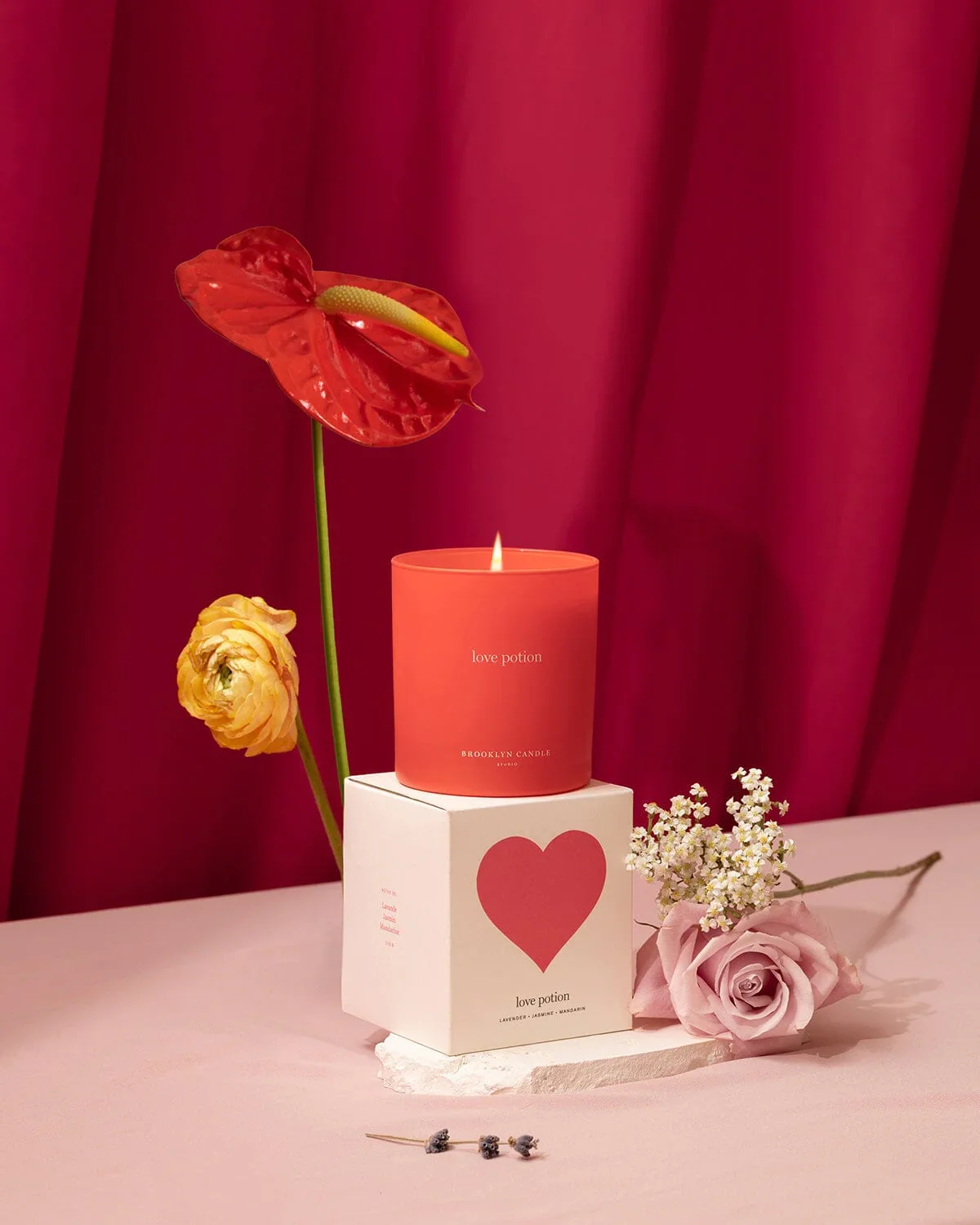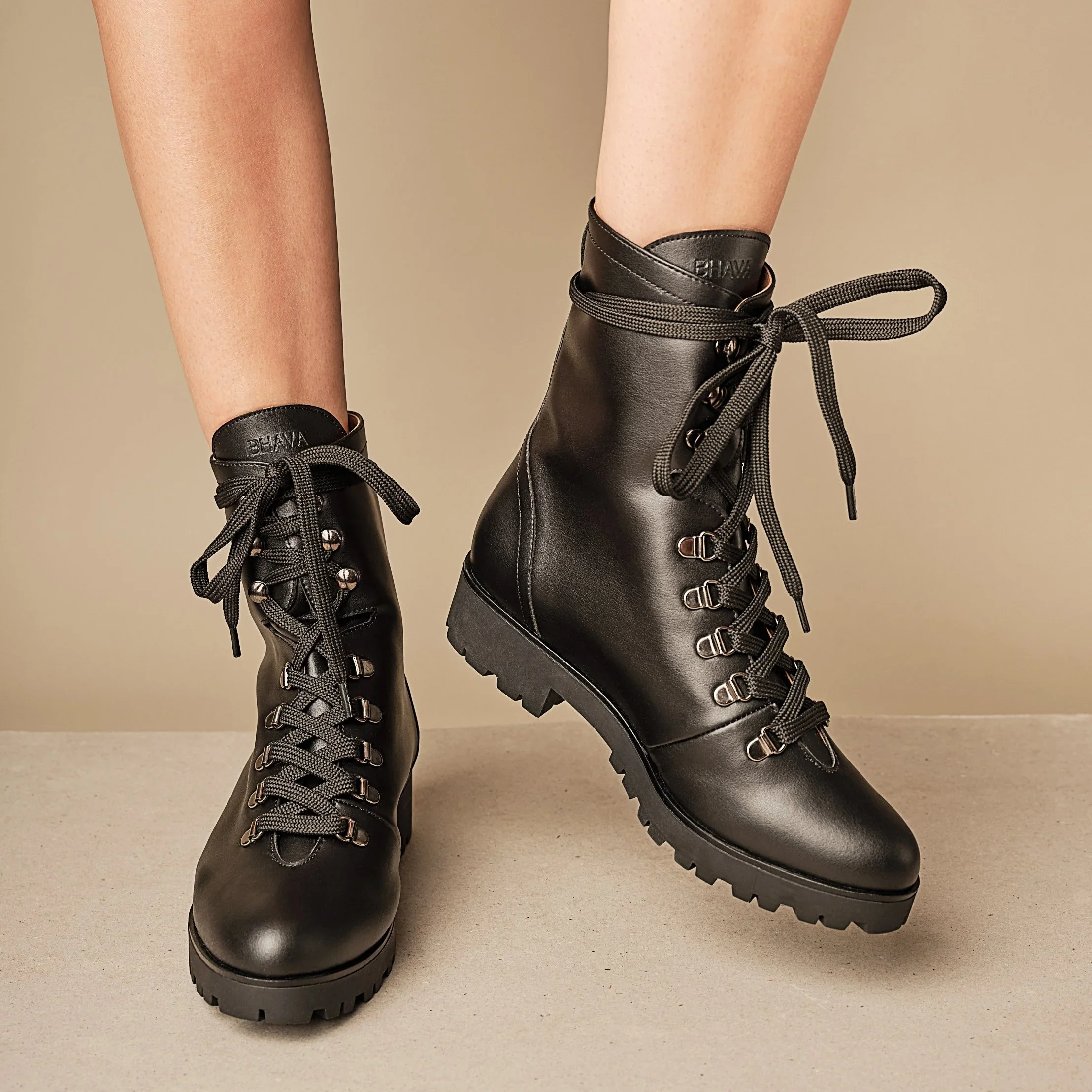Cultivated meat to go on sale in Australia for the first time
Sydney-based startup Vow receives green light to launch cultured quail products in restaurants and supermarkets across Australia.
Credit: Vow
Cultivated meat products are set to go on sale in Australia as the government has now issued its approval to a food company which produces cell-cultivated quail.
Following a two-year-long approval process, Sydney-based company Vow received regulatory approval from Food Standards Australia New Zealand (FSANZ) for three products made from cultured quail cells.
The regulatory approval means Vow can now sell its cultivated meat in restaurants and supermarkets across both countries. The decision follows the startup’s launch of its Japanese-inspired quail in Singapore in 2024, where demand reportedly grew by 200% a month.
“We’ve worked closely with FSANZ over the past two years, and we’re proud to have earned their approval,” said George Peppou, Vow CEO and founder. It’s a rigorous process, and rightly so. This is an important milestone for cultured meat in Australia and around the globe – to have the stamp of approval from a trusted global regulator such as FSANZ – and we’re excited to bring safe, high-quality products to local diners through some of the country’s most talented chefs.”
Vow’s whipped parfait, foie gras, and a tallow candle developed from cultured Japanese quail cells will soon be served at high-end restaurants under their premium brand, Forged, starting with Bottarga in Melbourne and Nel in Sydney.
“This isn’t about replacing the meats we know and love. It’s about trying something entirely new – something that can only exist because of how it’s made,” said Mike McEnearney, owner and executive chef at Kitchen by Mike in Sydney. “For chefs, that’s incredibly exciting. But for all of us, it’s a huge opportunity.
“The future always lies in bold ideas that seem impossible at first but are rooted in real innovation – the kind that drives culture forward,” McEnearney added.
Credit: Vow
Also known as cellular agriculture or lab-grown meat, cultivated meat is cultivated - grown - in a controlled setting using cells extracted from an animal. The production process crucially does not require the farming or slaughter of animals.
Cultivated meat has already generated a huge amount of buzz in the food sector, where it is being seen as having the potential to create a more sustainable food system that can produce meat with significantly less environmental, ethical, and sourcing issues.
Vow’s approval in Australia marks a positive step forward for an emerging industry that continues to weather a political storm, as cultivated meat becomes a target for politicians who view the innovation as a threat to traditional animal agriculture.
“Australia has always punched above its weight when it comes to food – we’re a country of curious, creative, and deeply thoughtful chefs and diners” said Peppou. “To now be able to offer something completely new – not an imitation, but a new category of food that complements local farming – is something we’re incredibly excited about.”
In the United States, four companies have now been approved to sell cultivated products. Mission Barns received approval for its cell-based pork in products earlier this year, following previous government approval back in 2022 for cultivated-chicken from Upside Foods and Good Meat.
Wildtype met the US Food and Drug Administration’s (FDA) requirements for its cell-cultured seafood product just this week. The company’s cultivated salmon is now on the menu at Kann, an award-winning Haitian restaurant in Portland, Oregon.
This marks the first time a cultivated seafood product is available for sale anywhere in the world, according to the alternative protein think tank Good Food Institute (GFI) and signals the FDA isn’t blocking cultivated meat under Trump, despite political pushback.
We Have A Favor To Ask…
Species Unite amplifies well-researched solutions to some of the most abusive animal industries operating today.
At this crucial moment, with worldwide momentum for change building, it’s vital we share these animal-free solutions with the world - and we need your help.
We’re a nonprofit, and so to keep sharing these solutions, we’re relying on you - with your support, we can continue our essential work in growing a powerful community of animal advocates this year.





